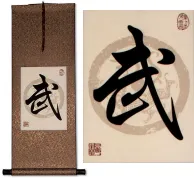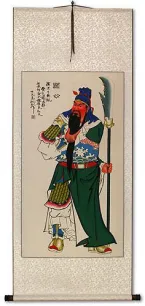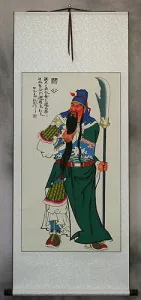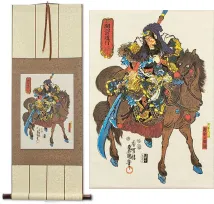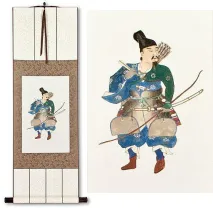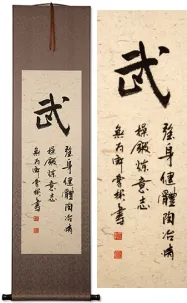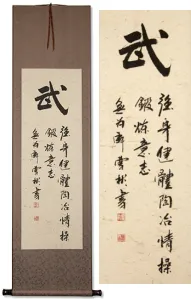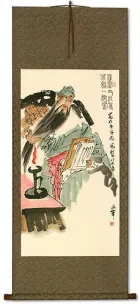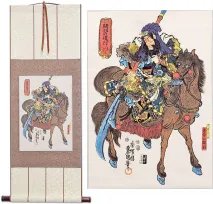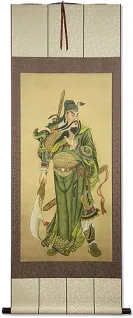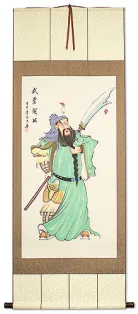Buy a Custom Hero Chinese or Japanese Calligraphy Wall Scroll
We have many options to create artwork with the Chinese characters / Asian symbols / Japanese Kanji for Hero on a wall scroll or portrait.
If you want to create a cool Hero wall scroll, this is the place. Below you will find a few Asian symbols that express the idea of Hero.
This in-stock artwork might be what you are looking for, and ships right away...
Gallery Price: $72.00
Your Price: $39.88
Gallery Price: $177.00
Your Price: $97.88
Gallery Price: $31.00
Your Price: $16.88
Gallery Price: $108.00
Your Price: $59.88
Gallery Price: $47.00
Your Price: $26.00
Gallery Price: $158.00
Your Price: $87.77
Gallery Price: $158.00
Your Price: $87.77
Gallery Price: $177.00
Your Price: $97.88
Gallery Price: $108.00
Your Price: $59.88
Gallery Price: $144.00
Your Price: $79.88
